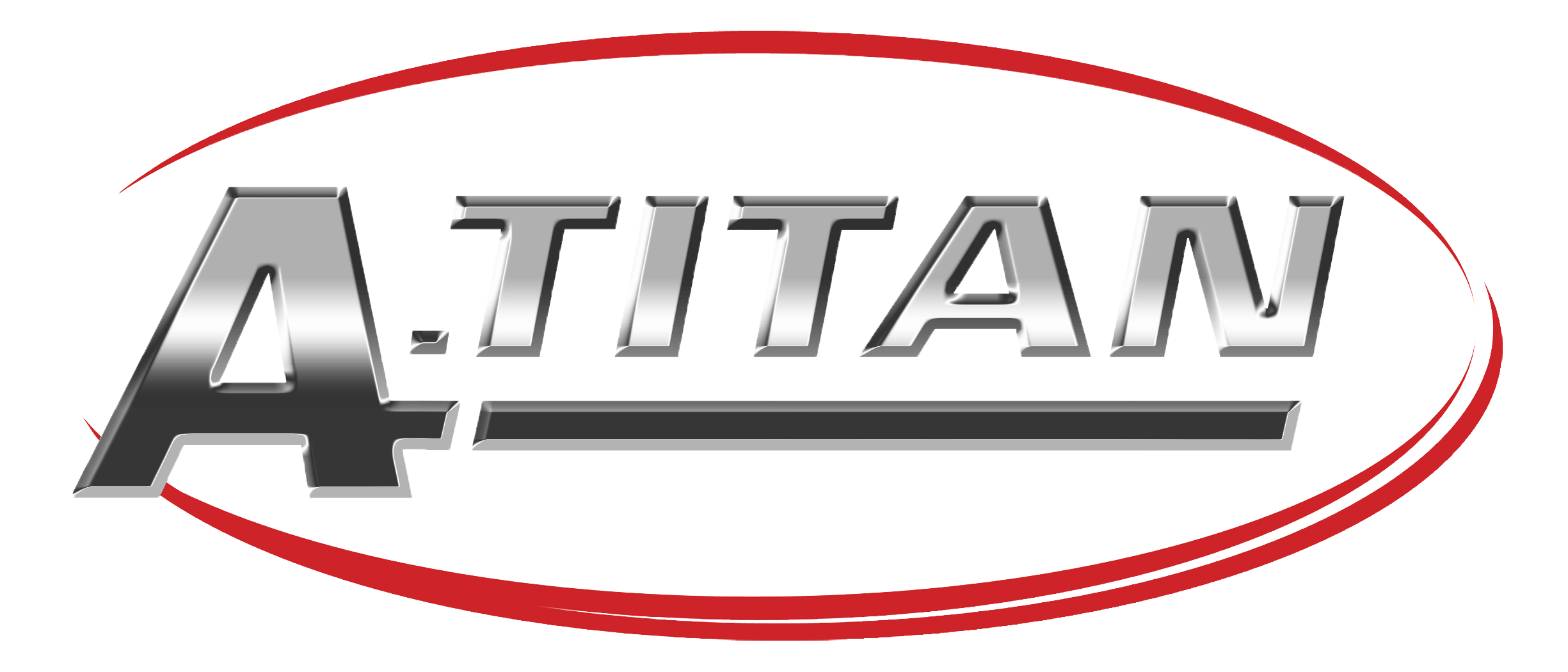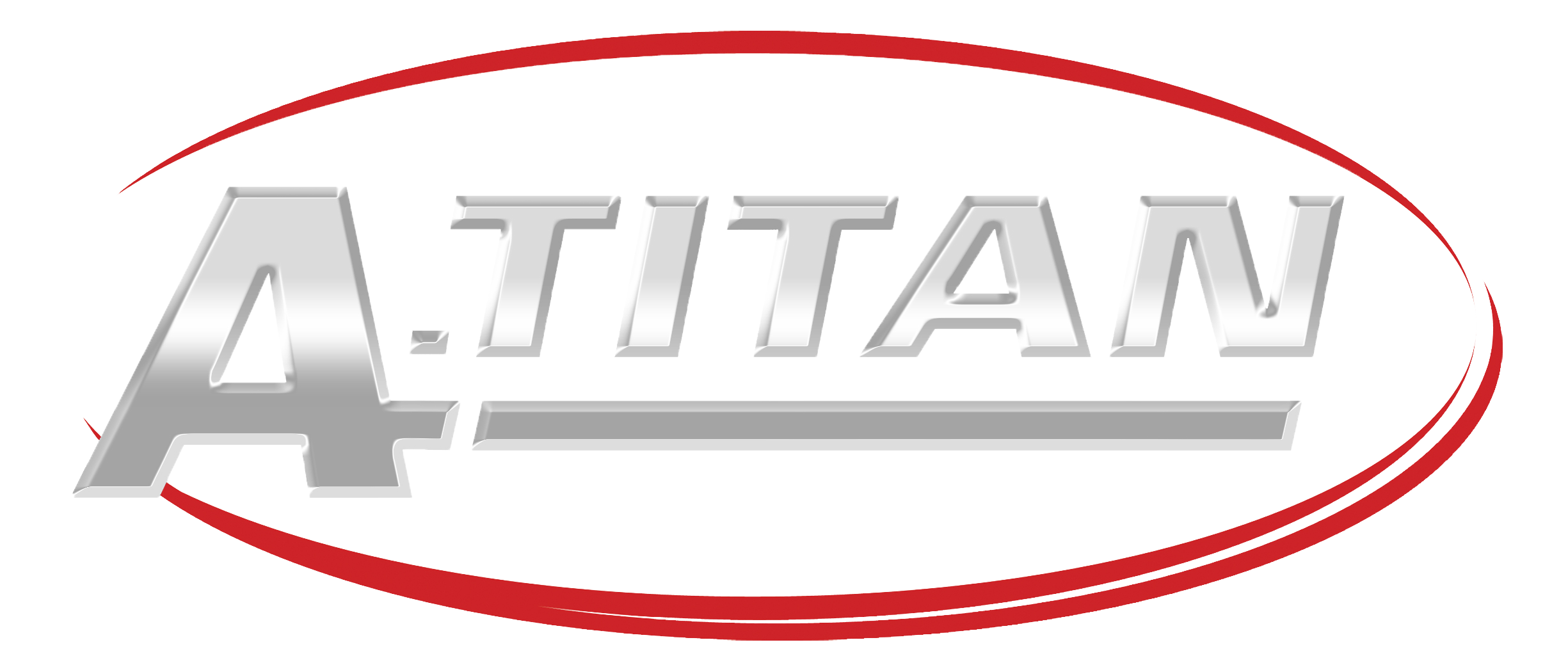According to the CDC, surgical instruments and periodontal scalers have the greatest risk of transmitting infection and should always be sterilized using heat. If not executed properly, instrumentation can cause an infection breech that can potentially result in the death of a patient. Each practice should have policies and procedures in place, for containing, transporting, and handling instruments that may be contaminated with blood or body fluids.
Being that instrument processing is the most important part of your infection control program, manufacturers' instructions should be readily available, preferably in the reprocessing area of your practice. Always consult manufacturers' instructions for use (IFU's) to ensure the overall quality of your instruments remain intact. You can download A. Titan IFU's directly from the product guide page of resource section of our website. Click here to gain access now. Below are four instrument processing protocols that should be printed, placed in the reprocessing area with IFU's, and discussed with your team members.
- Don’t overfill the sterilization pouch. The CDC states that items be arranged to permit circulation of the sterilization agent. An instrument pouch that is overfilled may compromise sterilization.
- All hinged instruments should remain open to allow all surfaces to be adequately sterilized. Extraction forceps, scissors, needle holders, hemostats, micro forceps, etc. need to remain open, if packaged in a closed position, this increases the chances of cross contamination
- It’s is imperative that all instruments be cleaned properly prior to sterilization. If instruments cannot be cleaned right away, there are enzymatic sprays available to prevent debris from hardening on or in the instrument. Always follow manufacturer IFU's for cleaning, as there may be a multiple step process for cleaning debris from an instrument. If not followed debris can become logged and render the instrument unworkable.
- Use of an enzymatic cleaner will ensure the integrity of the instruments while keeping them looking brand new. Specially formulated, enzymatic cleaners have a fast action neutral pH formulation that effectively attacks and eliminates all organic matter. The built in lubricant and anti-corrosive properties of enzymatic cleaners, like ColorZyme, revitalize and prolong the life of all hinged and non-hinged instrumentation.
Want to update your reprocessing area IFU's? Start today by downloading the A. Titan cleaning and sterilization instructions. DOWNLOAD NOW




